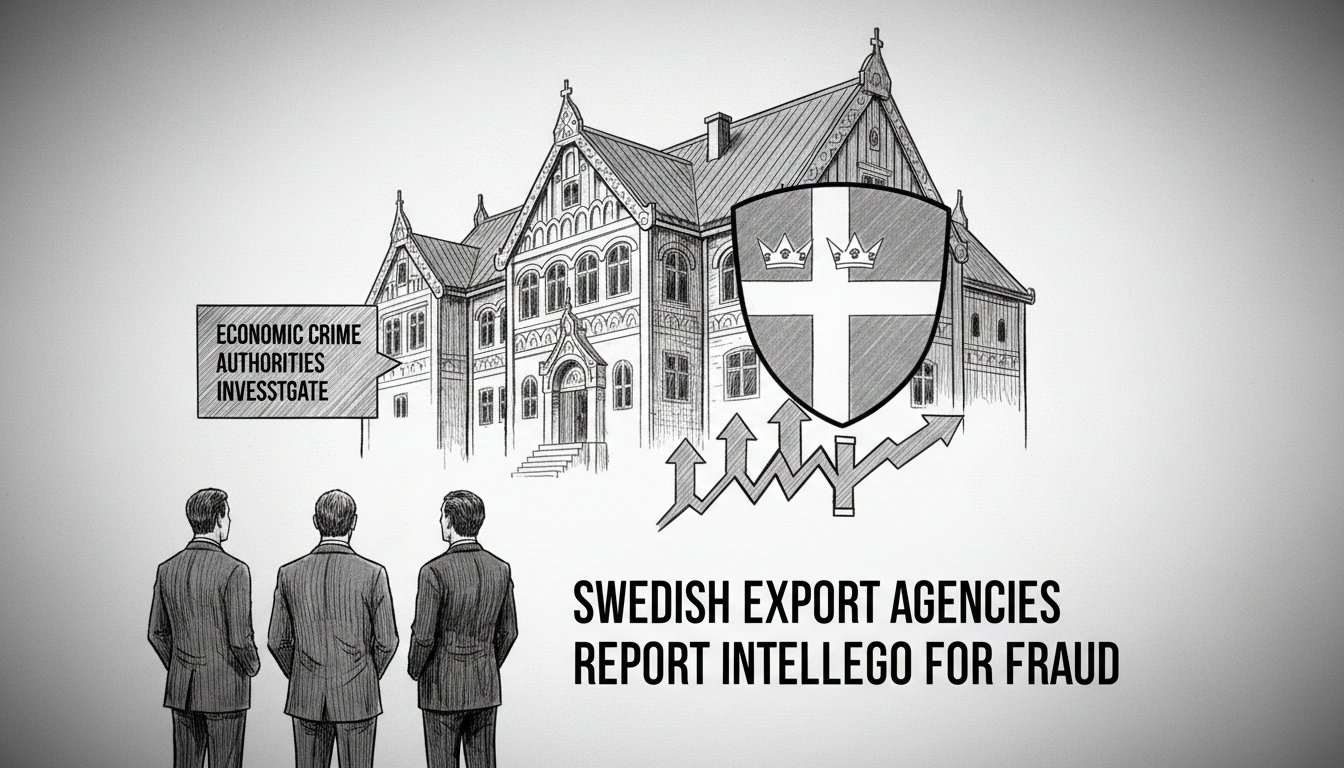Swedish export credit agencies have filed a police report against Intellego, marking a significant development in the ongoing investigation into the company's activities. State-owned Svensk Exportkredit and Exportkreditnämnden jointly reported the company for suspected fraud, though officials remain tight-lipped about specific details due to investigation secrecy.
This case represents more than just another corporate scandal in Sweden's business landscape. The Swedish Economic Crime Authority now suspects both serious fraud and aggravated swindling within the Intellego affair. These developments highlight Sweden's rigorous approach to corporate accountability and financial regulation.
For international readers unfamiliar with Sweden's business environment, this case demonstrates the country's strict financial oversight systems. Swedish authorities maintain robust mechanisms for monitoring corporate behavior, particularly in export financing where public funds are involved. The joint action by multiple government agencies shows coordinated oversight in practice.
Stockholm's business community watches these developments closely from financial districts like Norrmalm and Kungsholmen. The case resonates through Sweden's tightly-knit corporate world, where reputation matters deeply. Such investigations can significantly impact how Swedish companies are perceived internationally, affecting everything from investment decisions to trade relationships.
What does this mean for Sweden's export sector? The country has built its economic success on strong export performance and transparent business practices. Cases like this test that reputation but also demonstrate Sweden's commitment to maintaining high standards. The authorities' willingness to investigate one of their own supported companies shows no exceptions are made.
Looking at broader Swedish society trends, this case reflects the country's emphasis on corporate responsibility and ethical business conduct. Sweden consistently ranks high in transparency international indexes, and such investigations reinforce why. The system's strength lies not in avoiding problems but in addressing them openly when they occur.
For those following Swedish business news, this development represents another chapter in Sweden's ongoing efforts to maintain clean business practices. The country's approach combines preventive measures with thorough investigation when issues arise. This balance helps explain Sweden's continued success in international trade and investment.
The investigation continues with no timeline for completion. Swedish authorities typically conduct such probes thoroughly rather than quickly, prioritizing comprehensive understanding over speedy resolutions. This meticulous approach characterizes Sweden's methodical business regulation style.
As the case unfolds, it will likely influence discussions about corporate governance across Swedish society. From boardrooms in Stockholm's Östermalm to university business programs in Uppsala, the Intellego situation provides real-world lessons about compliance and oversight. Such cases ultimately strengthen Sweden's business culture by reinforcing accountability standards.

